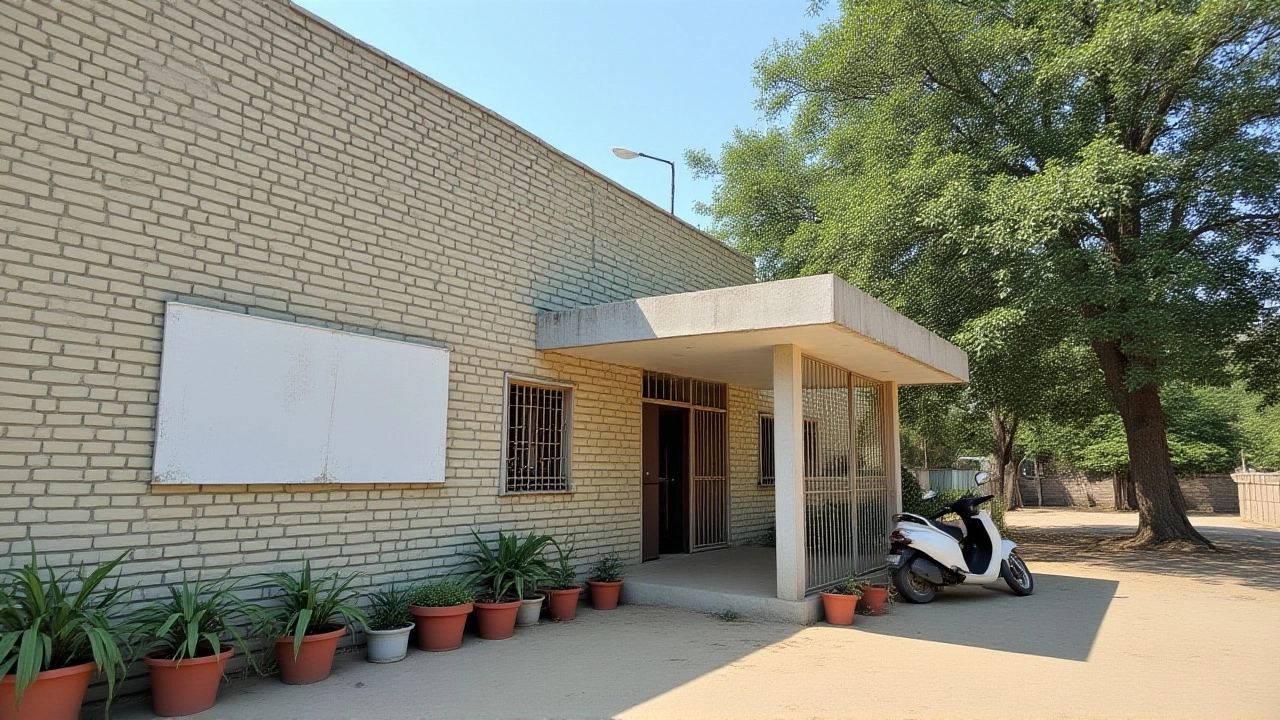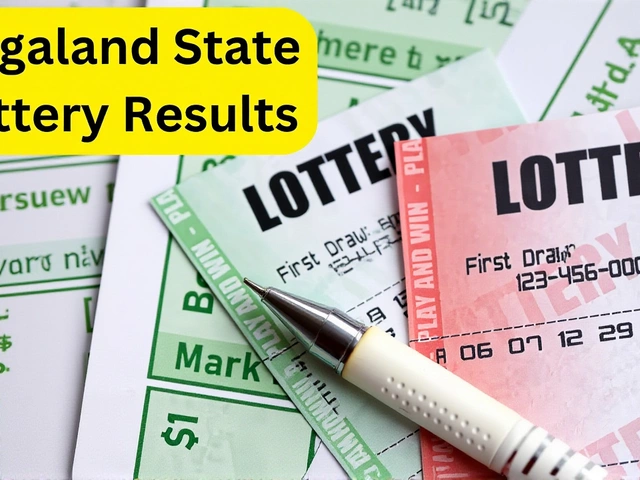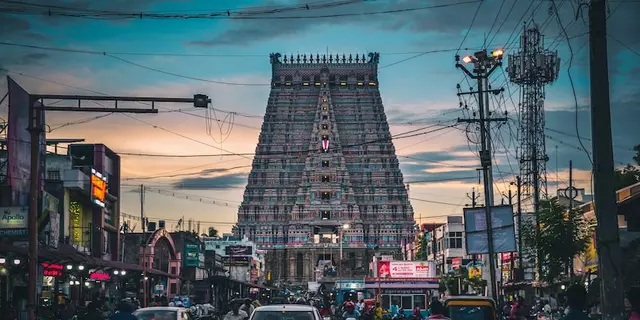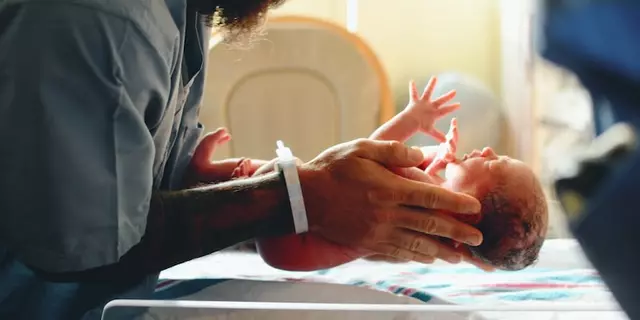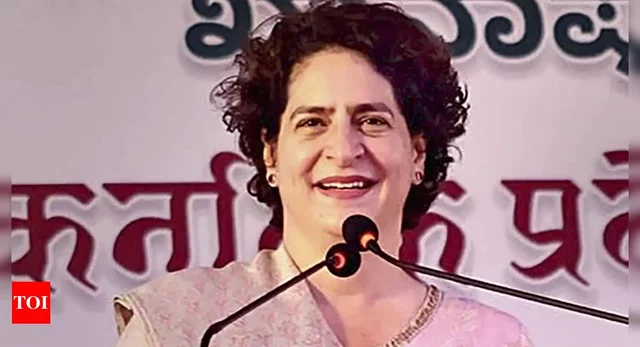More than 1,600 private schools across three Indian states have been slapped with show‑cause notices for breaching the Right to Education Act (RTE) admission rules for the 2025‑26 academic year, officials said this week. The crackdown began in Haryana, where the Haryana Education Department served notices to over 1,000 unaided schools for failing to update or verify RTE‑linked admissions. Similar complaints have now surfaced in Gujarat and Punjab, raising fresh concerns about the rights of economically weaker‑section (EWS) children who are legally entitled to free education in 25 % of entry‑level seats.
Why the RTE Act Matters – A Quick Refresher
The RTE Act, enacted in 2009, mandates that private schools reserve a quarter of their seats for EWS students and provides for government reimbursement to cover the cost of their education. Section 12(2) requires states to pay either the per‑child expenditure that a government school incurs or the actual amount charged by the private school – whichever is lower. The law also obliges schools to report admissions through an online portal, enabling real‑time verification.
Compliance is supposed to be straightforward: admission tracking starts on July 1, schools have ten days to upload data, and the state education authority validates each entry. In theory, the system ensures that no child is turned away on flimsy grounds such as address proof or distance criteria.
Haryana’s Massive Notice Blitz
According to an admission‑tracking report dated July 21, 2025, only 58.52 % of the 11,803 RTE entries in Haryana were verified. Of those, 4,096 were accepted, 2,811 rejected, and a staggering 4,896 remained unverified despite earlier directives.
In the bustling city of Gurgaon, the numbers paint a similar picture: 92 admissions accepted, 179 rejected and 199 still pending verification, yielding an overall verification rate of just 57.66 %.
“These lapses could delay reimbursements to schools and jeopardise the admission rights of thousands of EWS students,” said a senior official from the Haryana Education Department, who requested anonymity.
Parents have voiced frustration, alleging that some schools are rejecting applications on dubious grounds such as a "distance from school" that exceeds the legal limit. The department warned that continued non‑compliance could trigger severe penalties, including withdrawal of school recognition.
Adding fuel to the fire, Suresh Chander, president of the Haryana Progressive Schools' Conference in Faridabad, argued that extending the neighbourhood radius to three kilometres for classes up to V contradicts the RTE Act, which caps the limit at one kilometre. "We’re not against the spirit of the law," Chander said, "but the guidelines must be clear and uniformly applied."
Gujarat’s Discrimination Complaints
In Gujarat, Education Minister Kuber Dindor told the state assembly that four complaints of discrimination were lodged against private schools in Ahmedabad between August 2023 and August 1, 2025. The grievances, raised by Congress MLA Imran Khedawala, alleged that RTE students were barred from sitting with their peers, eating together, and using sports equipment.
Show‑cause notices were promptly issued to the four CBSE‑affiliated schools involved. The district education office has launched on‑site investigations and ordered that RTE children be integrated into regular classrooms.
“If we allow segregation, we defeat the very purpose of the RTE Act,” Minister Dindor emphasized. He promised that all schools admitting RTE students would be under continuous monitoring.
Punjab’s Reimbursement Bottleneck
A coalition of social activists in Punjab has compiled a list of 78 eligible children who were denied admission across eight districts, including Mohali (27 children) and Ropar (10 children). The report points to a lack of clear reimbursement norms as the primary cause of the delays.
“Private schools are willing to admit EWS children, but they can’t do so without knowing how they’ll be reimbursed,” explained Jagjit Singh Dhuri, president of the Federation of Private Schools and Associations. Dhuri urged the Punjab government to issue definitive per‑child reimbursement guidelines, noting that Section 12(2) of the RTE Act obliges the state to compensate schools for the reserved seats.
Education officials in Punjab have acknowledged the gap but say budgetary constraints are hampering swift action.
What This Means for EWS Students Nationwide
The simultaneous spikes in non‑compliance across three states suggest systemic challenges: data‑entry delays, ambiguous distance‑criteria, and unpredictable reimbursement mechanisms. For the children at the centre of the debate, the stakes are concrete – denial of free education, social exclusion, and in worst‑case scenarios, school dropout.
Experts warn that if states do not streamline the verification process and guarantee timely reimbursements, the RTE Act’s 25 % reservation could become a paper promise rather than a lived reality.
Next Steps – Monitoring, Enforcement, and Possible Reforms
- All notified schools must submit verified admission data by July 11, 2025, or face withdrawal of recognition.
- Gujarat’s education department will conduct surprise inspections in Ahmedabad schools to ensure integration of RTE students.
- Punjab plans to release a detailed reimbursement schedule by the end of September, 2025.
- Haryana is reviewing the neighbourhood‑radius clause in collaboration with the Haryana Progressive Schools' Conference.
Stakeholders say continued dialogue between governments, private school bodies, and civil‑society groups will be critical to prevent a repeat of this year’s widespread violations.
Frequently Asked Questions
How many private schools have been served notices in Haryana?
The Haryana Education Department issued show‑cause notices to more than 1,000 private unaided schools for failing to comply with RTE admission reporting requirements for the 2025‑26 session.
What specific violations are being reported in Gujarat?
Four private schools in Ahmedabad faced complaints that RTE students were segregated – they could not sit, eat, or play with other pupils. The state education minister ordered immediate integration and issued show‑cause notices.
Why are some schools delaying admissions in Punjab?
Activists say the delay stems from the lack of clear per‑child reimbursement guidelines from the Punjab government. Without assurance of payment, schools hesitate to admit EWS children under the RTE reservation.
What are the potential penalties for non‑compliant schools?
Under the RTE Act, authorities can withdraw a school's recognition, impose fines, or block future government reimbursements. Repeated violations may also lead to legal proceedings against the institution.
How does this enforcement affect the rights of EWS children?
Timely enforcement ensures that EWS children actually receive a seat in private schools, gain access to quality education, and avoid the social stigma of discrimination. Delays or denials undermine the constitutional guarantee of free education for disadvantaged groups.
